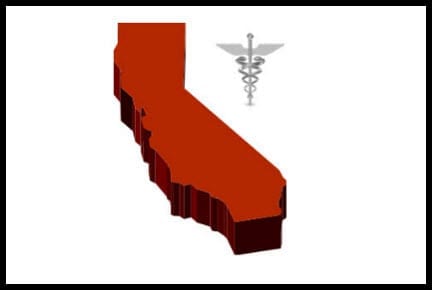 The research showed that while they may notably rise for some Californians, they will plummet for others.
The research showed that while they may notably rise for some Californians, they will plummet for others.
Next year, when the healthcare reform law goes into full effect, the results of a recent study have shown that there will be some considerable differences in the health insurance premiums that are paid by residents of California.
Though this is wonderful news for some, it is not as pleasant for others, said the report.
The research suggested that while some people in California will see their individual market health insurance premiums rise by as much as double digits, others will see their expenses drop through the floor and become much easier to afford. The results of the study were released by Covered California.
The study report was created by the health insurance exchange operators for the state of California.
Covered California is responsible for the operation of the health insurance marketplace that will become available to the residents of the state and produced the report with this data. Enrollment using this exchange will begin on October 1, 2013 so that the plans will have been purchased in time to become effective on January 1, 2014.
Individuals and families making under 400 percent of the national poverty level – for a family of four, that means under $94,200, or for an individual, that’s $45,960 – will be eligible for subsidies to their premiums, which could reduce the amount that they pay from 47 to 84 percent next year. This data was calculated by a Milliman financial consulting firm actuarial report.
That said, individuals at higher income levels will not qualify for these subsidies on the health insurance premiums. It is these individuals that the study said could experience an increase in their premiums by up to 20 percent. However, at the same time, the rise in the amount that they pay in premiums may partly be offset by a decrease in the costs that they would pay out of pocket for their care.
It is expected that the rise in premiums would partially be the result of providing care for individuals who have chronic medical problems, as these individuals will be entering into the health insurance pool for the first time when insurers are no longer permitted to reject them.

